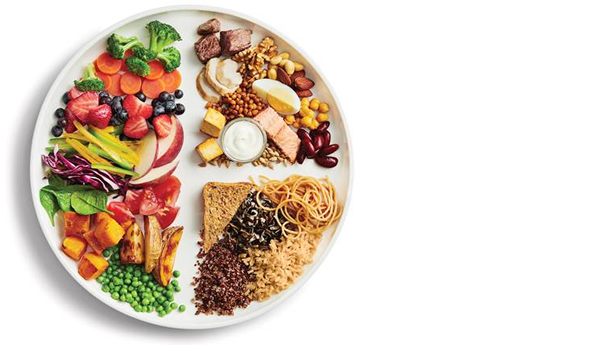
Introduction
Eating healthy is not just a trend; it’s essential for long-term health. Incorporating nutritious foods into your daily diet can boost your energy, improve your mood, and reduce the risk of chronic diseases. In this article, we’ll explore the benefits of healthy eating and offer tips to create a balanced diet.
The Components of a Healthy Diet
A balanced diet includes a variety of food groups. To maintain optimal health, your meals should consist of:
- Fruits and Vegetables: Packed with vitamins, minerals, and fiber, they are the cornerstone of a healthy diet.
- Whole Grains: Foods like brown rice, quinoa, and oats are rich in fiber and provide sustained energy.
- Lean Proteins: Sources like chicken, fish, legumes, and tofu help build muscle and repair tissues.
- Healthy Fats: Avocados, nuts, and olive oil provide essential fatty acids and support heart health.
Benefits of Healthy Eating
Adopting a healthy diet has numerous benefits, including:
- Weight Management: A balanced diet helps regulate body weight and prevent obesity.
- Improved Digestion: High-fiber foods aid digestion and promote gut health.
- Stronger Immune System: Nutrient-rich foods boost your immunity and help you fight off infections.
- Better Mental Health: A healthy diet can improve mood and reduce the risk of depression and anxiety.
Tips for Eating Healthier
- Plan Your Meals: Planning helps you avoid unhealthy food choices and ensures you get all the nutrients you need.
- Limit Processed Foods: Reduce your intake of sugary snacks and refined carbohydrates.
- Cook at Home: Cooking your meals gives you control over ingredients, helping you make healthier choices.
- Stay Hydrated: Drink plenty of water throughout the day to keep your body hydrated and functioning properly.
Conclusion
Eating healthy is a lifelong commitment that will improve your physical and mental well-being. By focusing on whole, nutrient-dense foods and avoiding processed options, you can achieve a healthier lifestyle.